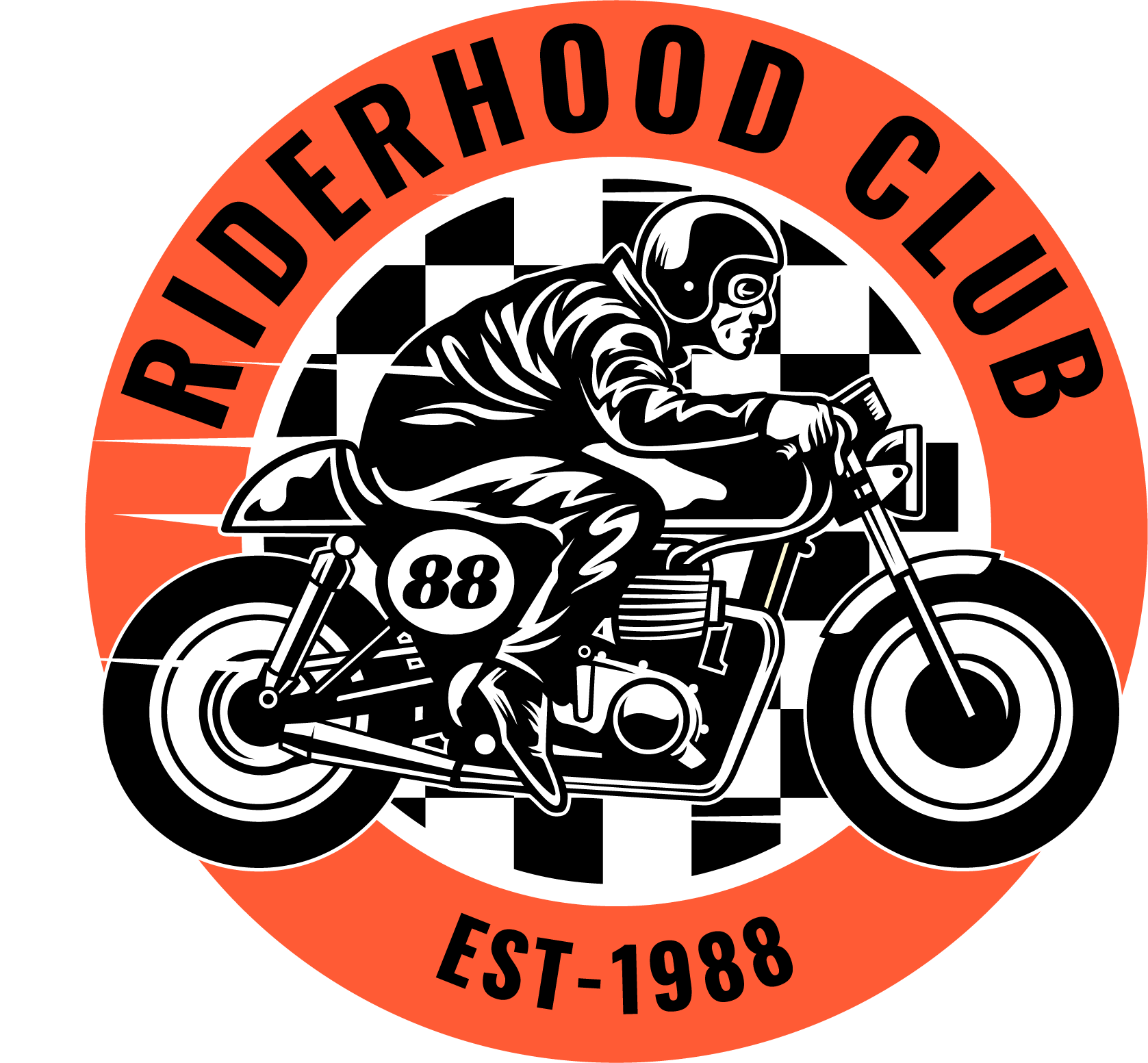Frequently Asked Questions
FAQ
General Information
“Explore answers to common questions about Pioneer Rally Company’s events, registration, and guidelines.”
These rallies are primarily a test of navigation, driving skill at REASONABLE SPEEDS, and the physical endurance of man and machine.
All vehicles must be road worthy and legal to drive on the road, including interstate highways within the posted speed limits. Your car should be in good working order, tyres should be in good condition and should also be strong enough to traverse some gravel sections at varying speeds, suspension should also be capable of dealing with various road surface types, although not essential underbody protection would be recommended, a roll cage is not mandatory but highly recommended, all the niggling irritations well sorted out before you turn up on the rally, reliability is key, remember, to finish first, first you must finish!. It is recommended that your vehicle have completed a shakedown equivalent to the length of the longest day on the rally, over similar terrain to make sure everything will keep working after the first 200 km. Now is not the time to turn up with a car you have just had rebuilt built from scratch and not shaken down, that is a very good way to see the rally from the comfort of a rental car, or flatbed recovery truck.
You must have a good first aid kit, various tools for maintenance purpose, you must carry a tow rope, high visibility jackets, fire extinguishers (5lb or 2 x 2.5lb) and know how to use them. Each vehicle needs to carry a groundsheet and a spill kit for those unfortunate leaks, A warning triangle for sure for those unexpected stops! Even if you have the best navigator in the world, and all the digital technology in the world, you should still carry 24 or 48 hours of food and water, a way to make shade, and paper maps. Having these things ensures you will not need them.
Using a tulip format to navigate is extremely straightforward, and we will provide a briefing before the rally for the absolute newbies to get you started on the right foot. When choosing a navigator, pick someone you like being around, who isn't afraid of getting dirty, If you don't know any people like that, give us a call, we can probably scare someone up for you. It may be useful having tuition from specific navigation experts such as www.rallynav.co.uk
Some rallies will be conducted entirely on paved roads, and this will be clear from the event description. Each rally overview will tell you how tough you can expect the rally to be, and we will never run you over super rough stuff at speed. Most rallies have a route that allows you to skip the gravel sections if that isn't your jam. Keep in mind you'll accumulate time penalties for the missed bits of competition. if competition and high amount of gravel isn’t your jam then consider the ‘Pioneer Class’ where we’ve got you covered!
Unfortunately you may have come to the wrong event. Road laws are still governing this sport, reckless driving would probably end up being sent home in a cloud of ignominy, and likely finding yourself barred from entering future events. You will have immense fun and not finding yourself having to explain yourself to our law enforcement parties!
Humility, a good sense of humor, a love of Type II fun, and a "Press on Regardless" attitude... Plus a good Navigator. Get yourself a good navigator.
Basically you are getting a top flight experience of long distance classic and vintage car rallying, plenty of elements of competition within the endurance nature of these events but it doesn’t end with the days driving, fully catered dining experiences starting with breakfast and also lunch and exclusive dinners are also on the menu! There are awards for the higher performers and occasionally other lucky crews, ll required paperwork is provided and not to mention medical and mechanical support. To top it off there is also welcome nights included and of course a gala night where awards are distributed.
A test is often held on private land or designated venue where you are simply up against the clock, quickest crew over a test gets the lowest penalty.
Regularity sections are accurate control often over longer distance where both crews have to work closely together to maintain super accurate average speeds and the crews closest to their set average speed will also get the lowest penalties.
All forms of motorsport are dangerous, but it is the total control of the crews in each individual vehicle, there are recommended and mandatory safety items required to take part to make this as safe as possible but the responsibility lies completely with you the driver and co driver.
Make no mistake this isn’t just a tour, there will be precise timing all day, there won’t just be a blast down a tarmac highway between the start and the finish of the day, there will be many elements of competition mixed into a long day testing both crew and car, precise navigation and decent timekeeping is the key to success.
We kindly ask that you let us know who has dietary requirements so we may make arrangements for your meals. We're happy to accomodate your needs, and require notification at least 2 (two) weeks prior to race day.
We recommend using CARS worldwide, please email me***********@***********de.com or lo***********@***********de.com

